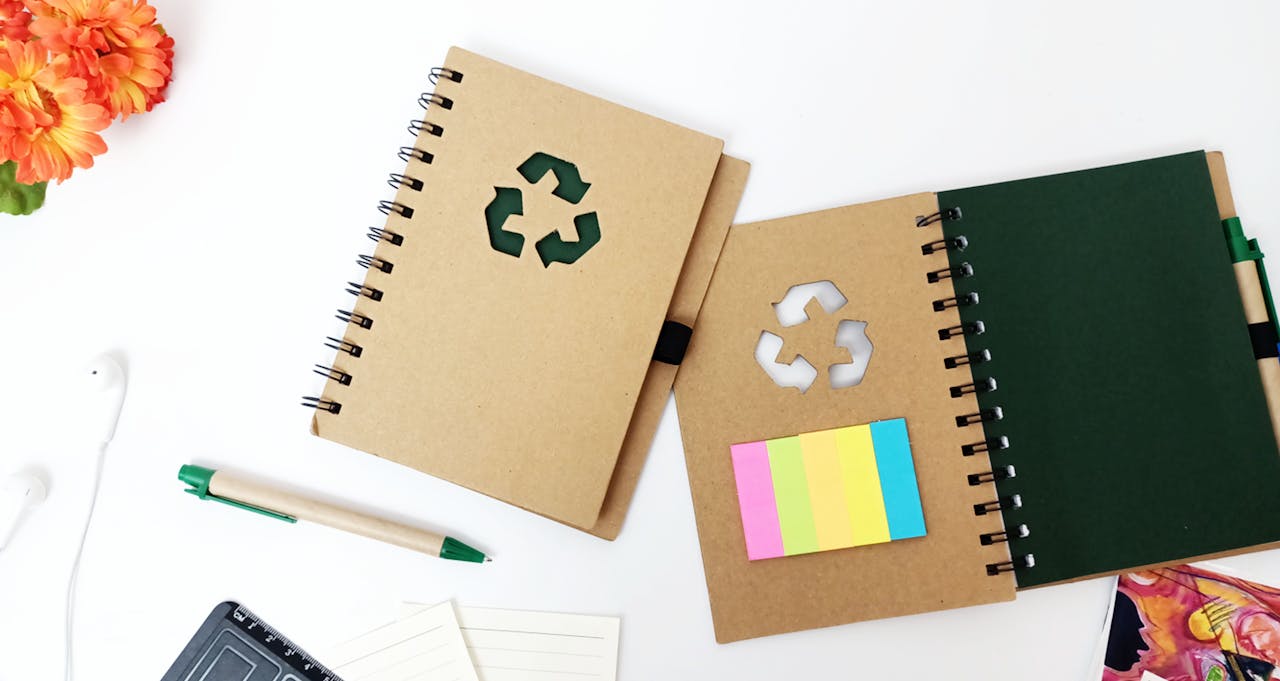
Think about the last big event on your campus. How many flyers got trashed, how many plastic cups were left behind, and how much untouched food went straight into the bin? Now multiply that by every club meeting, concert, and career fair happening throughout the year. Campus events generate a mountain of waste, and a lot of it comes from habits that are easy to change.
Switching to eco-friendly options doesn’t mean your event has to cost more or feel less fun. In fact, greener choices often end up being simpler and smarter in the long run. Whether you’re planning a small fundraiser or a full-blown festival, you’ve got real opportunities to cut down on waste and stand out for the right reasons. Check out these no-nonsense ideas to make your next event cleaner, cheaper, and easier on the planet.
Plan Ahead To Avoid Waste
Most of the waste from campus events happens on the planning table before the events even start. Decisions about what to print, what to buy, and what to hand out often lead to piles of trash that could have been avoided with a little planning. Then, plastic trinkets and decorations used once for the event get tossed, all adding to the waste pile. But simple, eco-friendly choices can cut down on that pile without making your event feel any less special.
For example, the invitations. Skip printed flyers and switch to digital tickets, emails, or social posts. You’ll save paper and reach more people faster. And if you need signage at the event, print only what’s necessary and reuse it whenever possible for future events.
Think carefully about giveaways, too. Instead of handing out items that end up in the trash, offer things people will actually use. Tote bags, metal straws, or branded reusable water bottles are great options. If you choose a promo water bottle as your giveaway item, look for eco-friendly materials like glass or stainless steel.
Also, consider that decorations don’t have to be brand new to look great. Borrow from other clubs or rent decorations from local shops. Or, reuse items from past events.
Ditch Single-Use Plastics
Plastic pollution is harmful, not just to wildlife but to us. It affects our oceans, our drinking water, and even our bodies through microplastic exposure. It’s worth cutting out where you can.
According to the World Economic Forum, half of all global plastic production creates single-use plastics, like water bottles. While bottled water is convenient for events, all those bottles end up in the trash.
Setting up a water refill station is one of the easiest swaps you can make, and most campuses already have the infrastructure for it. Just bring a cooler, connect with campus facilities, or use existing fountains. Ask attendees to bring their own water bottles or cups. It’s cheaper for everyone and helps avoid a trash bin full of plastic bottles by the end of the event.
If you’re serving food, skip the plastic forks and Styrofoam plates. Reusable options do the same job without leaving behind waste. You may be able to borrow or rent reusable dishware through campus kitchens or student groups.
Make Recycling and Composting a No-Brainer
If event trash and recycling bins are hard to find or confusing to use, people won’t use them correctly. Set up clearly labeled recycling and compost bins in high-traffic spots like entrances, food areas, and exits. Use bold signs with pictures so guests know exactly what goes where. You can even ask a few volunteers to stick near the bins to help people sort their waste, if needed.
Also, before the event, connect with your campus facilities team or a local composting group to make sure everything gets picked up and handled quickly and correctly once it’s over.
End on a Green Note
Once the event winds down, don’t let your efforts go to waste. Donate any leftover food to a local shelter or food recovery group, or compost what you can’t give away. Save your decorations and supplies in a box labeled for reuse so you’re ready for the next event.
If you tracked your impact, like how many bottles you saved or how much food was donated, share that on social media. It’s a great way to inspire others and show that small changes add up.
When you help college students connect with the planet through greener campus events, you’re planting the seed for better habits and more sustainable choices.
Conclusion
There’s no need to overhaul your entire event to make smarter choices. Most of the time, it’s just about paying attention and picking the better option when you can. The smaller stuff, like what you print, what you throw away, and what you reuse, shapes the bigger picture. To plan a greener event, think ahead and make choices that make sense long-term.
SEE ALSO: Fostering a Connected Campus: Why Colleges Should Use Text












